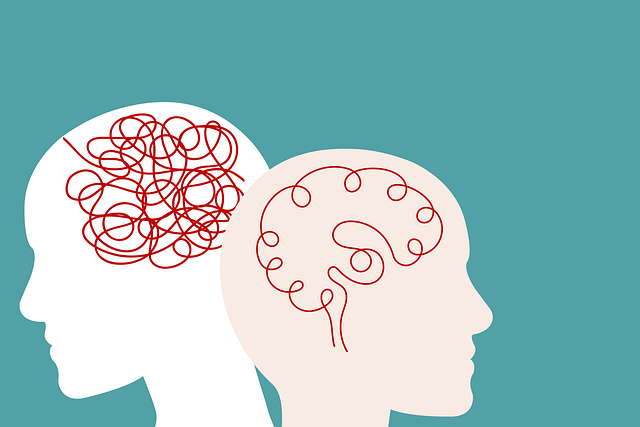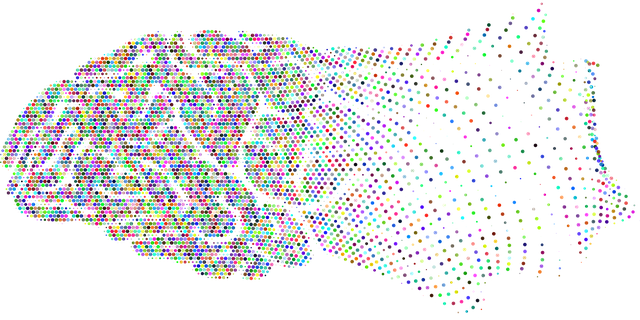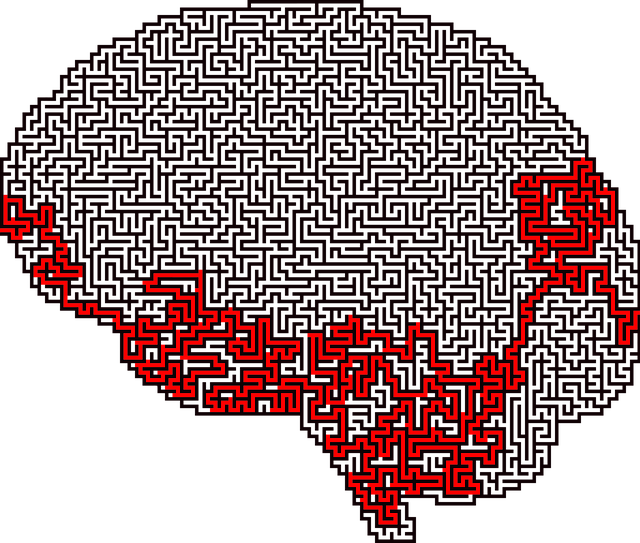Adolescence is a challenging period marked by physical, emotional, and cognitive changes, often leading to identity crises, peer pressures, academic stress, and low self-esteem, increasing risks of anxiety and depression. Effective support involves understanding these unique struggles and promoting self-care practices through therapy, mentorship, and targeted interventions focusing on relationship issues. Personalized routines, combined with culturally competent therapy, open communication, and emotional healing, empower teens to manage their mental wellness. A comprehensive approach integrating individual and group therapy, social skills training, and mood management education can transform struggling teen relationships and improve overall mental health.
“Promoting mental wellness among adolescent teens is paramount, especially considering the unique challenges they face regarding relationship issues. This article guides parents and caregivers in fostering robust self-care routines tailored to teen needs. We’ll explore the intricacies of understanding adolescent mental health and how it interacts with their social lives.
Learn practical strategies for building personalized self-care, incorporating coping techniques for navigating relationship troubles, and discover how therapy can be a powerful tool for supporting teens’ overall well-being.”
- Understanding Teen Mental Health and Self-Care Needs
- Building a Personalized Self-Care Routine for Teens
- Incorporating Coping Strategies for Relationship Issues in Adolescents
Understanding Teen Mental Health and Self-Care Needs

Understanding Teen Mental Health and Self-Care Needs
Adolescence is a crucial period marked by significant physical, emotional, and cognitive changes. During this time, teens often face challenges related to identity formation, peer relationships, academic pressures, and self-esteem issues. These factors can contribute to a range of mental health concerns, including anxiety, depression, and even more severe conditions. Recognizing the unique mental health landscape for adolescent teens is essential as it forms the foundation for developing tailored self-care routines.
Self-care becomes an integral tool for teens to navigate their emotional well-being. It involves activities that foster positive thinking, promote stress management, and address underlying relationship issues. Through therapy and mentorship, teens can learn coping mechanisms, build resilience, and develop a strong sense of self. By prioritizing mental health awareness, adolescents can be empowered to take charge of their emotional health, ensuring they have the tools to thrive in this transformative phase of life.
Building a Personalized Self-Care Routine for Teens

Developing a personalized self-care routine is an empowering tool for teen mental wellness. It allows them to take control of their emotional well-being and navigate any relationship issues they may be facing. By prioritizing self-care, adolescents can learn valuable coping mechanisms, enhance their resilience, and foster healthy relationships. This process involves identifying unique needs and interests, ensuring activities that promote relaxation, mindfulness, and personal growth.
Therapy for adolescent teens plays a pivotal role in this journey. Through therapy sessions, teens gain insights into their emotions and behaviors. Healthcare provider cultural competency training is essential here, as it enables professionals to offer tailored support, considering the diverse needs of young individuals. Empathy-building strategies and emotional healing processes are integrated into these routines, encouraging open communication and a safe space for expression. Eventually, this fosters better relationships, both personally and in therapy, contributing to overall mental wellness.
Incorporating Coping Strategies for Relationship Issues in Adolescents

For adolescents grappling with relationship issues, integrating coping strategies into their self-care routine can be transformative. Therapy plays a pivotal role in this process, offering safe spaces for teens to explore and express their emotions related to interpersonal challenges. Through therapy, they gain insights into their feelings, behaviors, and patterns within relationships, fostering self-awareness exercises that are crucial for personal growth.
In addition to individual therapy, group therapy sessions can enhance social skills training, enabling adolescents to learn effective communication strategies and navigate conflicts healthily. Equally important is mood management education, where teens acquire tools to regulate their emotional states during stressful relationship encounters. By combining these therapeutic approaches with consistent self-care practices, adolescents can build resilience, improve their overall mental wellness, and develop healthier relationships.
Developing a robust mental wellness self-care routine is crucial for adolescent teens, especially when navigating relationship issues. By understanding individual needs and incorporating personalized coping strategies, teens can foster resilience and improve their overall well-being. Recognizing the importance of self-care early on empowers young individuals to seek therapy when needed, addressing relationship challenges head-on. This proactive approach ensures that adolescents grow into emotionally balanced adults, equipped to handle life’s complexities.













